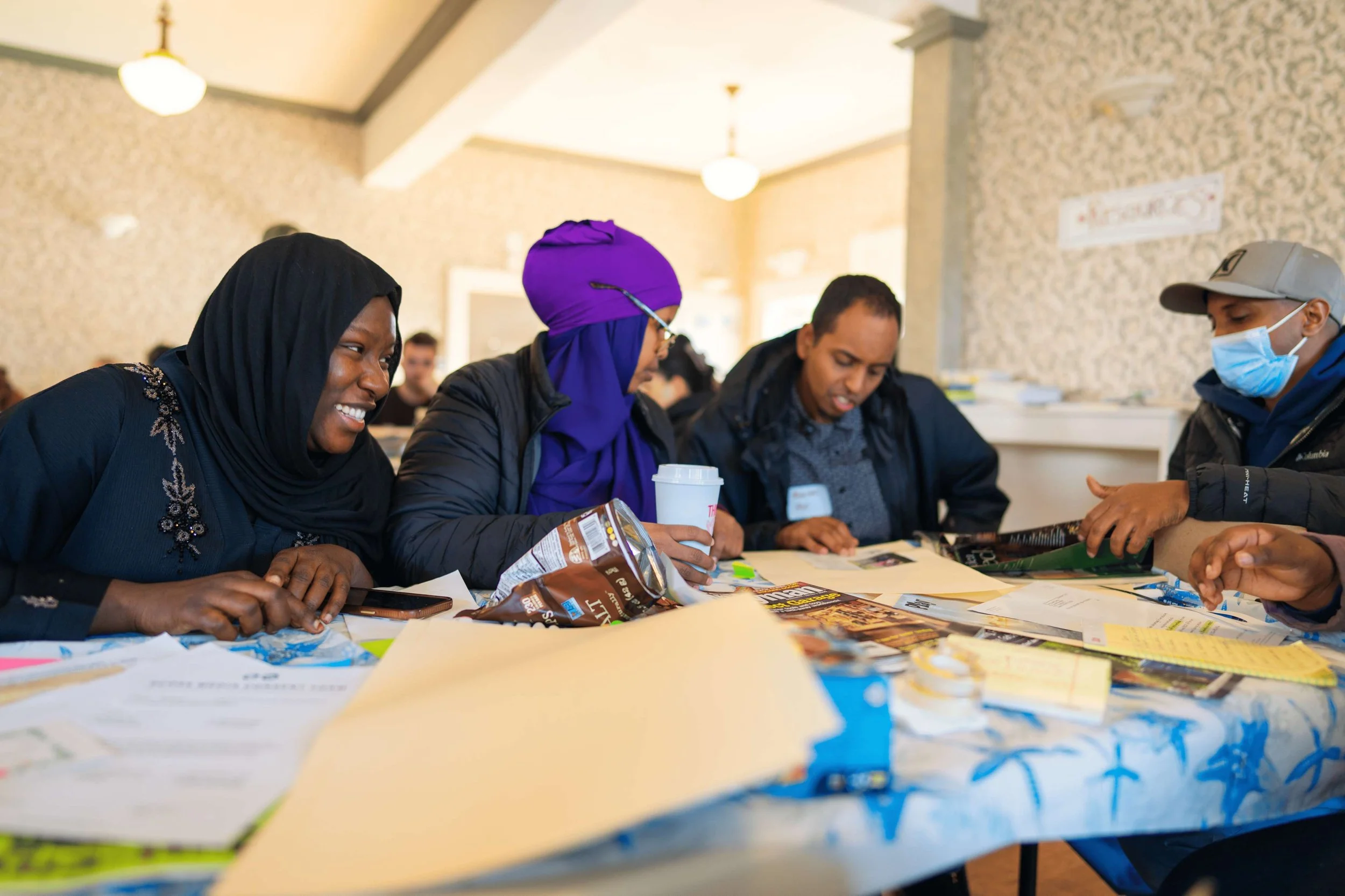
Collaborative governance is a strategy to change the relationship between government and the communities it serves and make government more inclusive, participatory, and responsive.
Collaborative governance involves bottom-up public participation in traditional government activities like making laws and investing public money, with community members working alongside elected officials and other policy makers. This approach has many benefits.
Collaborative Governance
-

More Effective Results
-

Greater Trust In Democracy
-

Better Alignment With Community Needs
-

Increased Local Resiliency
Cornerstones of collaborative governance
Communities who experience environmental and economic injustice are the foremost experts on their lives, and they want and deserve to participate in creating a better future. Through new forms of collaboration, Washington can leverage the power and potential of community self-determination to solve our state’s biggest problems.
How do we transform the status quo? Just Futures started by working with community members and partners to design the Cornerstones of Collaborative Governance for a Just and Equitable Future–a framework rooted in democracy, self-determination, sustainability, and equity towards shared economic well-being for all Washingtonians.
Going beyond traditional community engagement
Collaborative governance empowers community members to translate their lived experiences into policy. But how does it actually happen in practice?
In 2024 Washington piloted a tool for collaborative governance called Community Assemblies – a series of learning and discussion sessions led by trusted community-based organizations that created pathways for meaningful public participation.


